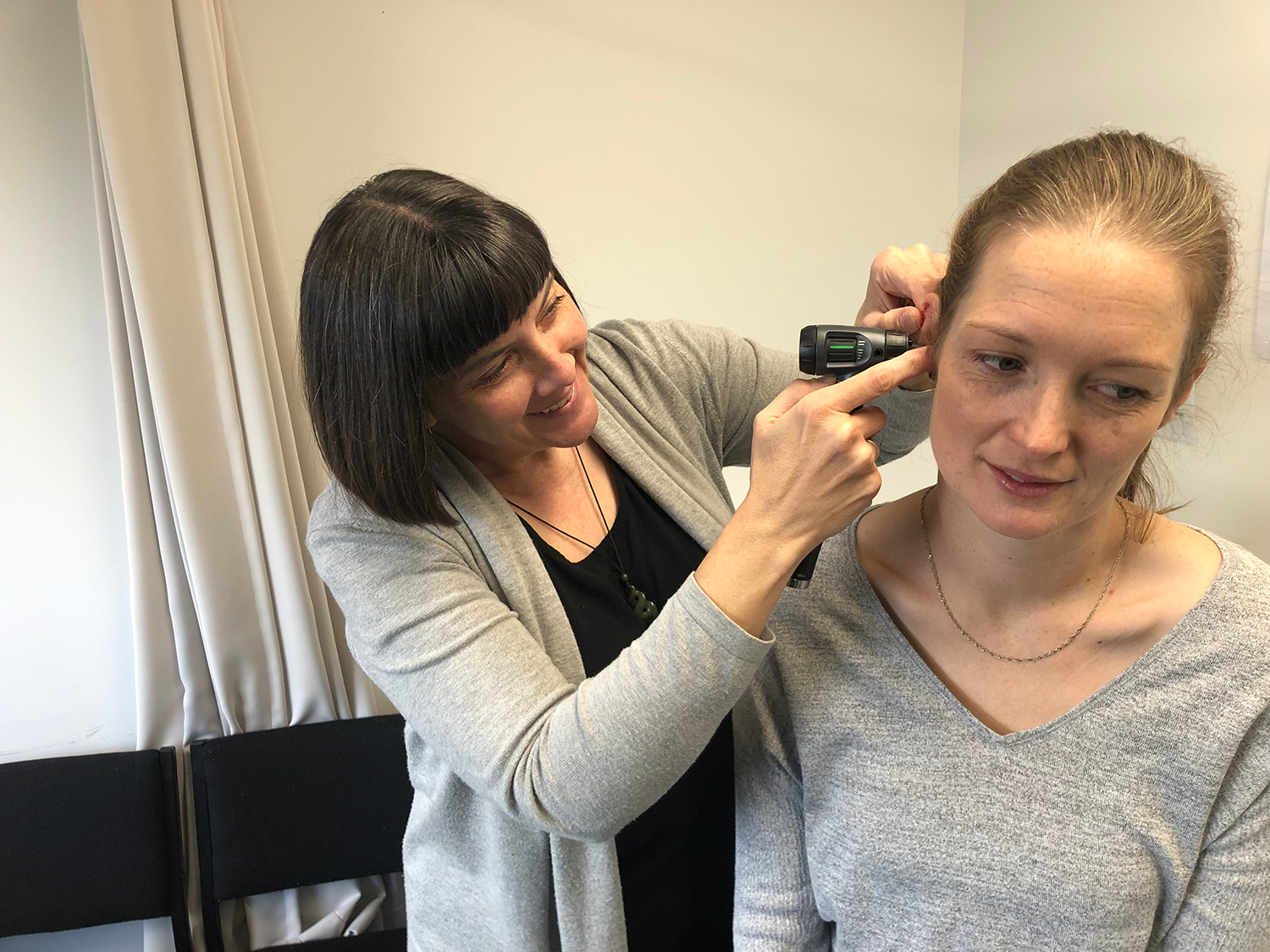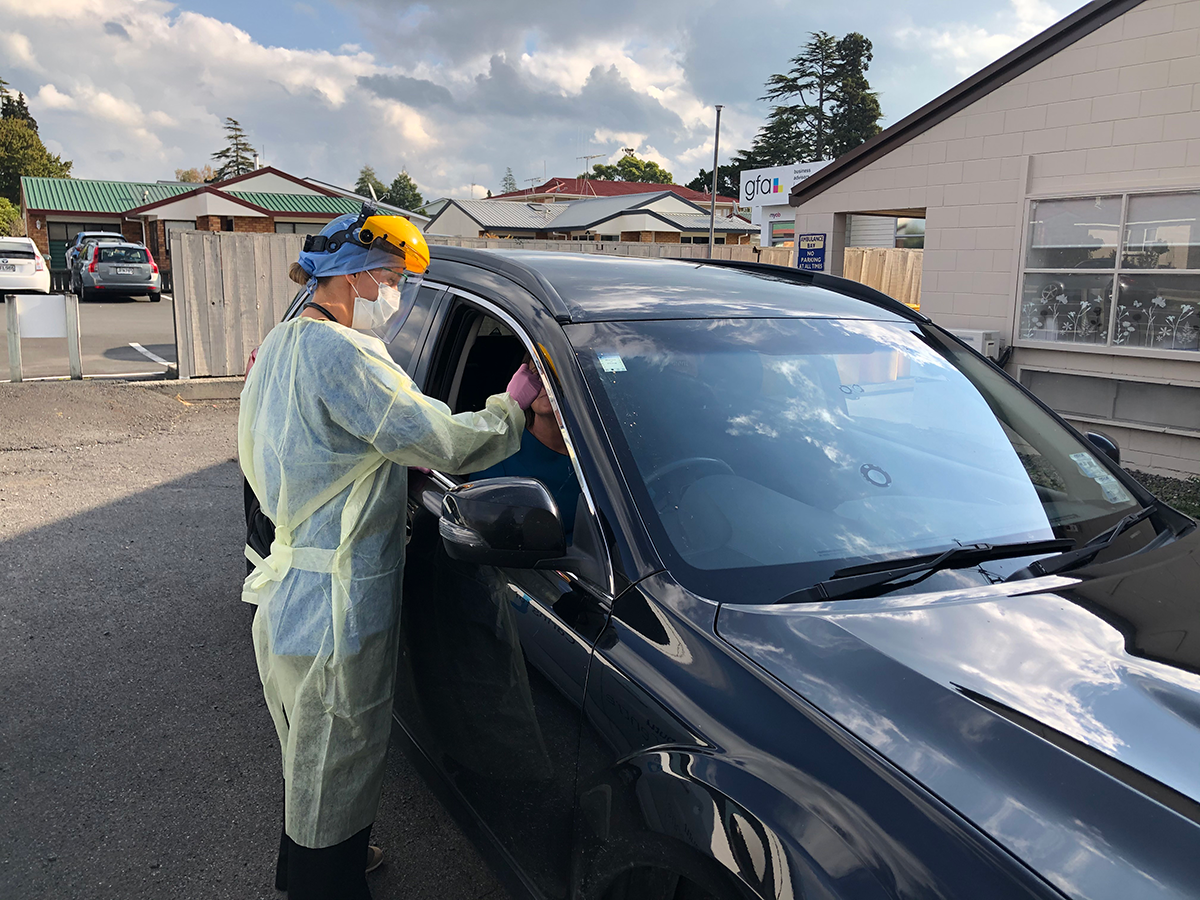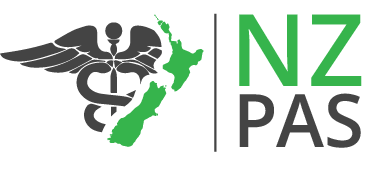What is a Physician Associate?
Highly trained medical professionals
Highly trained, adaptable
Physician Associates or PAs are highly trained health care providers who practice medicine and work within the healthcare system along with other team members to improve patient health.
PAs practice medicine in collaboration with and under the license of their supervising physician(s). Doctors do not need to be on-site while PAs are seeing patients. Collaboration or supervision can occur by electronic means or by phone contact when necessary. The PA’s scope of practice varies depending on where they practice and the scope of their supervising doctor(s). However, most PAs provide the following health care services:
PA Scope of Practice Examples
- Obtaining medical histories
- Ordering and interpreting tests
- Diagnosing diseases
- Managing acute and chronic conditions
- Prescribing medications
- Referring to specialists
- Performing minor operations
- Managing inpatient care in hospitals

Because PAs are currently an unregulated profession in New Zealand, many tasks like prescribing meds or ordering labs, require extra steps to obtain the supervising GP’s signature. This often slows the process of delivering effective healthcare outcomes for PAs. However, NZPAS is currently working toward regulating the PA profession in New Zealand. Visit our PA Regulation page to find out how you can help unlock the full potential of PAs for Aotearoa.
A Long History of Global Impact
The inception of PAs took place in the United States in the 1960’s. PAs in the US, the UK and Canada are trained in the “medical model”, complete rigorous education and clinical rotations for their certification and practice medicine upon completion of their training. Their education includes a bachelor degree and often 2 to 3,000 hours of hands-on medical work before entering the PA Master degree program or postgraduate degree diploma. This training often takes place within or alongside a medical school.

In the United Kingdom, there has been an expansion of the PA workforce recently, and regulation under the General Medical Council was announced in 2019. The same progression is currently happening in New Zealand. There are over 30 PAs practicing in New Zealand, and this model has been well received by doctors, nurse practitioners, nurse administrative staff and patients.
A commitment to caring is the foundation of the physician assistant profession – and has been since the profession began. As patient advocates and educators, PAs help people use the health care system more efficiently and effectively.
PAs Working in New Zealand
A Physician Associate in primary care in New Zealand starts their day like the average GP; working down their in-box and calling or emailing patients with test results. They have patients scheduled much like their GP colleagues. Some clinics have their PA dedicated to doing all urgent/acute visits as dictated by the practice needs and can take a big load off the physicians.
Physician Associates try to incorporate more education and preventative care in their practice and have had this reputation since their inception. They can manage all patients like doctors and Nurse Practitioners(NPs). PAs take histories, perform exams, develop a working differential and order lab and/or imaging assessments to diagnose and treat their patients. They consult their colleagues when needed and to get scripts signed. PAs can cover call as long as script signing and supervision can be accessed.
Currently, PAs in NZ are a non-regulated health profession. All practicing PAs are still required to be experienced in their specialty and trained and certified in the US, the UK or Canada.
In the U.S. and Canada, PAs have a license to prescribe medications and this would be the optimal plan when the profession is regulated under the Health Practitioner’s Competence Assurance Act. NZPAS is dedicated to focusing on rural placement of PAs in New Zealand, which is key to helping with the GP shortage here.
Recommended Supervision Guidelines for PAs Practicing in NZ
It is the responsibility of the supervising physician to direct and review the work, records, and practice of the Physician Associate (PA) on a continuous basis to ensure that appropriate directions are given and understood and that appropriate treatment is rendered consistent with the applicable practice role. Supervision includes, but is not limited to:
- The continuous availability of direct communication either in person or by electronic communications between the Physician Associate and supervising physician.
- The personal review of the PA practice at regular intervals including an assessment of referrals made or consultations requested by the PA with other health professionals.
- Regular chart review; including review of all new ACC claims/chart notes.
- The delineation of a plan for emergencies.
- The designation of an alternate supervising physician in the absence of the supervisor; and,
- Prescription support and review of medication prescription renewals and prescribed medication under physician’s name.
